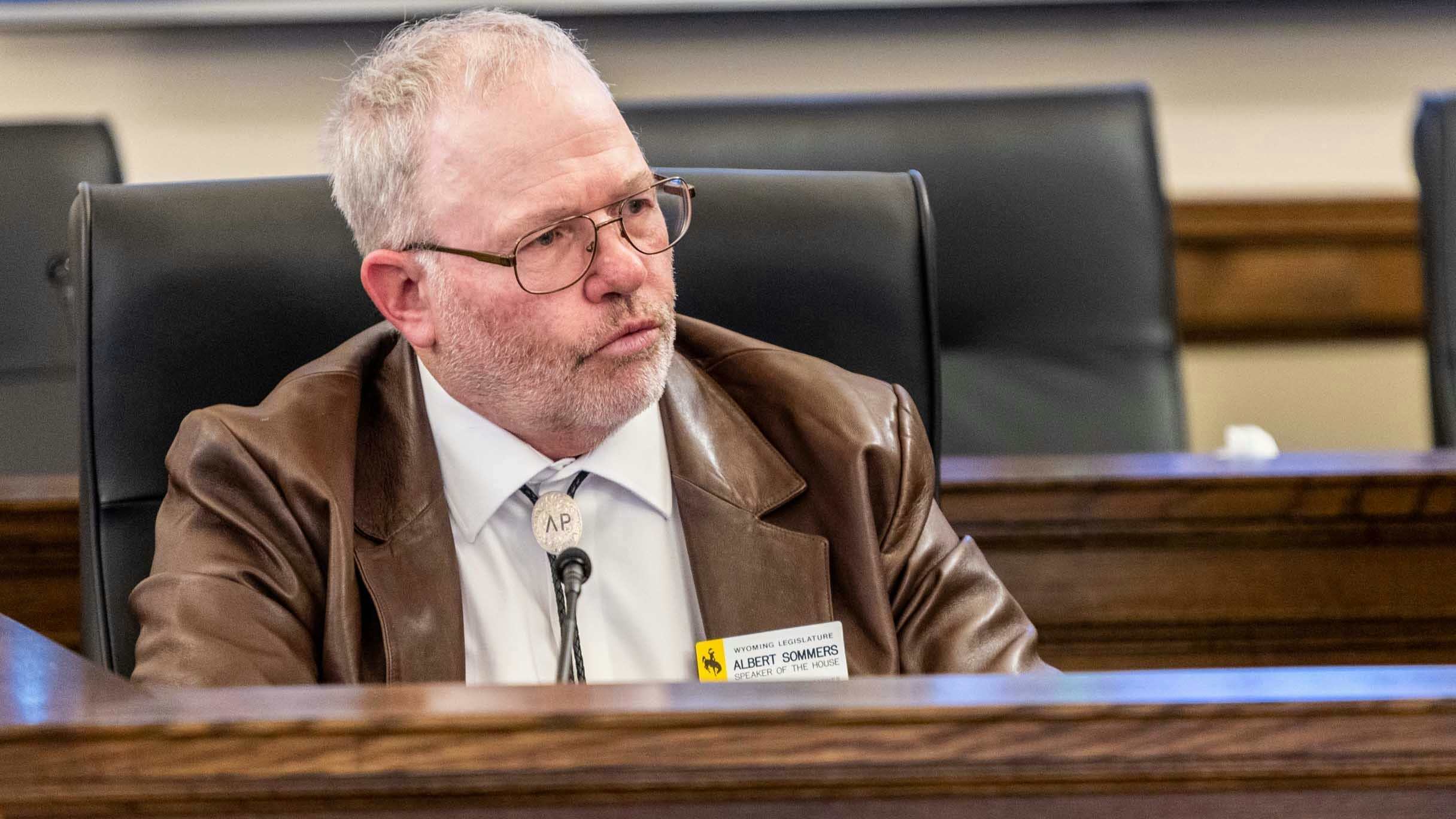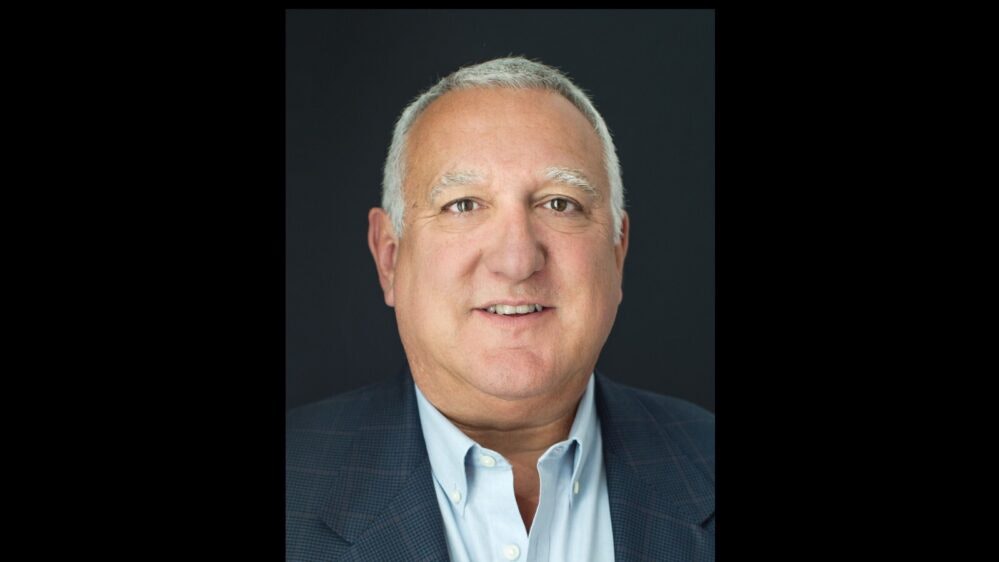At its November 14 meeting in Cheyenne, the Joint Education Committee discussed, debated and ultimately passed a bill that creates a Wyoming Education Savings Account (ESA) program to provide families with funding for early childhood and private schools.
There is a vigorous debate around the nation whether public funds should support private school education, including parochial schools. In the past, I have not been a fan of state money funding private schools.
However, I authored this bill that was before the Joint Education Committee, because it helps solve two education funding challenges in Wyoming by giving financially at-risk families more educational choices, including early childhood and K12 private education.
This nation has flourished through public education of its children. In 1786, Thomas Jefferson wrote in a letter to George Wyeth, "I think by far the most important bill in our whole code is that for the diffusion of knowledge among the people. No other sure foundation can be devised, for the preservation of freedom and happiness...Preach, my dear Sir, a crusade against ignorance; establish & improve the law for educating the common people.”
Wyoming’s Constitution in Article 3, Section 36 Prohibited appropriations states “No appropriation shall be made for charitable, industrial, educational or benevolent purposes to any person, corporation or community not under the absolute control of the state, nor to any denominational or sectarian institution or association.”
ESA bills considered in previous Legislative sessions have not passed constitutional muster. So, why do I now support public funding of school choice?
The answer to that question is that the bill I crafted (based upon bills from other legislators in the 2023 session) provides funding to early childhood programs, provides accountability of state dollars, and funds a constitutional population of children.
We know that for every $1 dollar we put into early-childhood education there is $3 of public benefit. Early childhood education is the best method to solve Wyoming’s early literacy challenges.
As amended, the ESA bill allows parents of three- and four-year-olds who are below 250 percent of Federal Poverty Level (FPL) to utilize $5,000/year of state dollars to help fund their child’s early childhood education, and it allows a parent to carry the ESA to a non-public K12 program.
The ESA bill also provides accountability of state money by requiring K12 students funded by this ESA program to take the Wyoming state test or a nationally normed test, and the bill requires that K12 ESA students receive instruction in, at minimum, reading, writing, mathematics, civics, history, literature and science, just like public education students.
This helps satisfy our constitutional obligation to provide an adequate education to every child in Wyoming. Making ESA students take the state standardized test or a nationally normed test also ensures transparency. Parents will be able to see how well their child does in their private school.
On the constitutional issue of using state dollars for private education, this bill requires that only children at or below 250 percent FPL are eligible to use an ESA.
The Wyoming Constitution in Article 16, Section 6 Loan of credit; donations prohibited; works of internal improvement provides that the state shall not aid any individual, except for the “necessary support of the poor.”
The courts have allowed broad interpretation of the term “necessary support of the poor.” A FPL of 250 percent is an income of $75,000 for a family of four, which in Wyoming does not go very far.
This bill utilizes state General Fund dollars to fund the ESAs, and does not draw from state dollars dedicated to public education like bills in the last legislative session which did. Article 7, Section 8 Distribution of school funds forbids “public school funds” to be used for any school “controlled by any church or sectarian organization or religious denomination whatsoever.”
Legislating should be the art of finding common ground, not the “my way or the highway” approach that the “Caucus of No” subscribes to.
This ESA bill is a Wyoming solution to two concerns raised by citizens across Wyoming, namely, how to fund early childhood education and increase school choice options.
In 1816, Thomas Jefferson reiterated his support of an educated populace, "If a nation expects to be ignorant & free, in a state of civilisation, it expects what never was & never will be." In my opinion, education, both public and private, is a public benefit that helps preserve our Constitutional Republic.
Albert Sommers represents Wyoming House District 20 and serves as the Speaker of the Wyoming House of Representatives.





